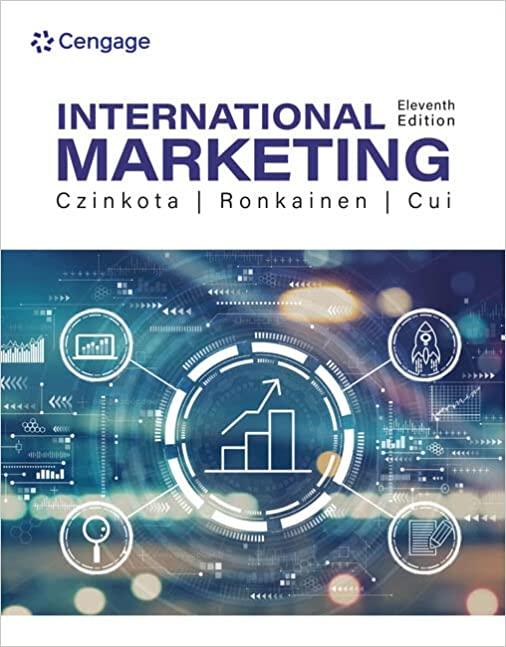The U.S. Supreme Court has upheld a ban on gray market products sold legally in other countries
Question:
The U.S. Supreme Court has upheld a ban on gray market products sold legally in other countries but not authorized by their maker for sale in the United States. This ruling means that any manufacturer that makes items overseas and uses a copyrighted logo on them can go after importers who do not play by the manufacturer's rules.
Retailing giant Costco acquired Omega watches from gray-market sources and sold them cheaply-without Omega's permission, which prompted Omega to sue for copyright infringement. Because the watches were not made in the United States, Omega claimed that they did not qualify for "first sale" rules. (An earlier Supreme Court case held that "first sale" protections do apply if the item was made in the United States, even if it is then sold overseas and reimported without permission.) In this case, Omega argued that all foreign-made, copyrighted products could only be sold in the United States with the manufacturer's permission.
Omega sells its watches for far less money in some countries than in others, a common enough practice known to economists as geographical price discrimination. The U.S. market will generally bear more than the market in a Latin American republic, and so Omega offers its goods to distributors in places such as Paraguay for less than it does to American distributors. Given the difference in prices, there is a tempting arbitrage opportunity in importing Omega watches from Paraguay to the United States. They become watches like those that Costco bought from a stateside importer, allowing the warehouse store to offer an Omega Seamaster for $1,299 when the brand prefers them to sell in the United States for $1,999.
Omega has since fashioned a small globe logo and copyrighted the device in the United States. By engraving the tiny logo on the back of the watch, Omega could claim that it created a copyright on the watch as a whole, one that would give the company more control over when and where the watches are sold.
Questions
1. Why would a retailer go to the trouble of buying something overseas—say, a very expensive Omega Seamaster watch—to resell in the United States?
2. Who pays?
Step by Step Answer:

International Marketing
ISBN: 9780357445129
11th Edition
Authors: Michael R. Czinkota, Ilkka A. Ronkainen, Annie Cui





